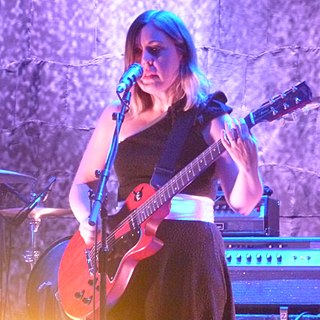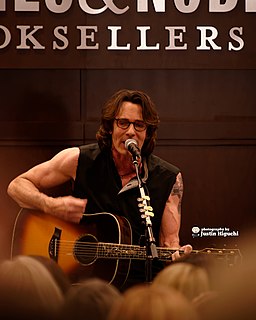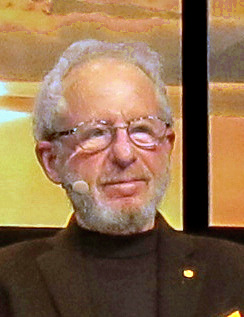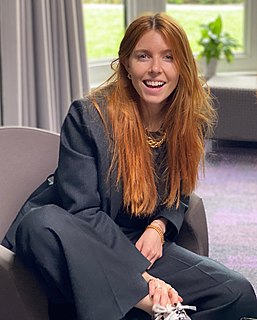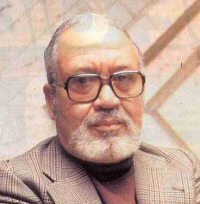A Quote by Corin Tucker
The eighties were my teen years, so the GoGos are sort of a touchstone.
Related Quotes
I think I'm trouble-adjacent. I remember hearing once that good girls don't get caught. I think that's sort of a lot of what my teen years were like. I skirted the stuff that other kids were doing because the idea of actually getting in trouble was not appealing to me, but I still wanted to have adventures.
The films that I loved growing up were the science fiction films from the late seventies and early eighties [films], which were more about the people and how they are affected by the environments that they are in. Whether they are sort of futuristic or alien of whatever they are; that was the science fiction that I loved. So that is what we tried to make, the sort of film that felt like those old films.
When it was first optioned, I was told that the chances of The Basic Eight becoming a film were slim because no one was making teen movies, and then later, I was told that the chances were slim because there were so many teen movies, and then I was later told that the chances were slim because teen films were over. I'm not sure when the magic window of opportunity was, but perhaps it's still on the horizon.
People always ask, "How do you get in the mind of the teen reader?" I think all human beings have these common threads. We struggle with the same things. We desire love and attachment. We have to sort out how much we want to be attached and be independent, how we manage need and being needed and being hurt. These are things that begin when we're - how old? Then in those teen years we start to really feel them.
I remember realizing, when I did Little Women [1994], that that was the only time girls that age were being written about. It was always boys - from David Copperfield to Lord of the Flies to Holden Caulfield. There were never young women going through adolescence or teen years; there were only little girls.
We left Egypt when I was seven, and we didn't return until I was 21. My teen years were divided between the United Kingdom and Saudi Arabia. Up until we left the U.K., it was like your regular teenage years. The one thing I remember is that I couldn't date. That was one thing my parents made very clear.
